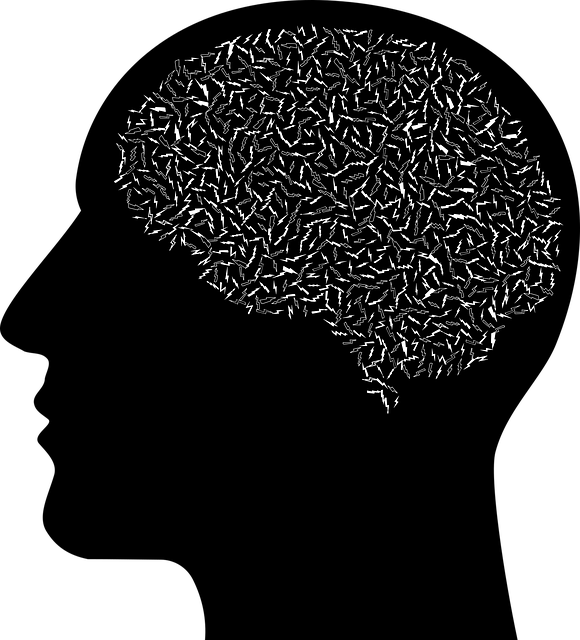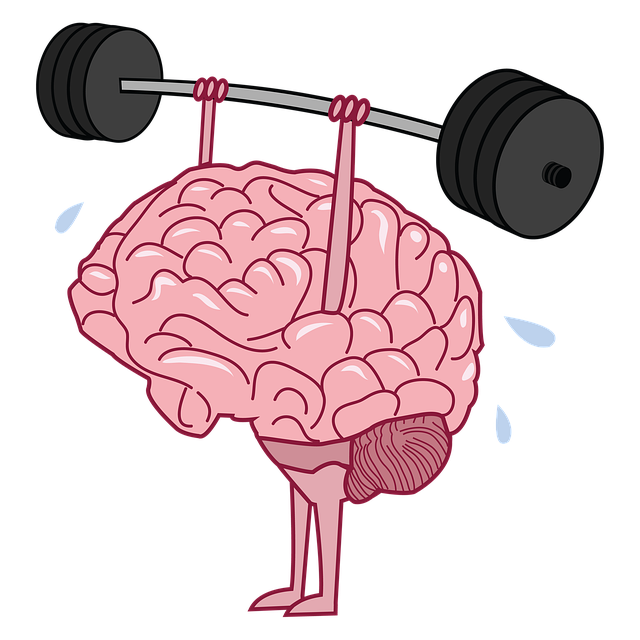Mental health disorders like Longmont Adjustment Disorder (LAD) require a nuanced approach due to their complexity and varied symptoms. Accurate diagnosis is challenging due to overlapping signs, co-occurring conditions, and societal stigma. Advanced therapies, such as LAD therapy focusing on emotional regulation and self-awareness, along with innovative assessment techniques, are transforming mental health care. A multidisciplinary approach, continuous learning, and community engagement are crucial for enhancing diagnostic accuracy and improving treatment outcomes for individuals dealing with LAD and other complex mental health conditions.
Mental illness diagnosis accuracy is a critical aspect of patient care. This article explores efforts aimed at enhancing diagnostic precision, delving into the complexities of mental health disorders and the challenges that lead to misdiagnoses, such as common misconceptions and barriers. We discuss innovative therapies and assessment techniques, highlighting advancements like Longmont Adjustment Disorder Therapy. Furthermore, we examine strategies for improving diagnosis accuracy through training, collaboration, and continuous learning.
- Understanding Mental Health Disorders and Their Complexities
- Challenges in Diagnosis: Common Misconceptions and Barriers
- Innovative Therapies and Assessment Techniques
- Enhancing Diagnosis Accuracy: Training, Collaboration, and Continuous Learning
Understanding Mental Health Disorders and Their Complexities

Mental health disorders are complex conditions that encompass a wide range of symptoms and manifestations. Each disorder has its unique set of characteristics, contributing factors, and impact on an individual’s daily life. For instance, Longmont Adjustment Disorder, a common mental health challenge, presents as significant difficulties in coping with stress or major life changes, often leading to emotional distress and impaired functioning. This particular disorder highlights the intricate relationship between external stressors, emotional intelligence, and mental wellness.
Understanding these complexities is imperative for healthcare professionals to provide accurate diagnoses. Emotional regulation, a key aspect of mental wellness, plays a pivotal role in recognizing subtle nuances of various disorders. By enhancing their ability to interpret non-verbal cues and emotional responses, therapists can offer more precise evaluations, ensuring tailored treatments that address the specific needs of each patient. This nuanced approach promotes effective Longmont Adjustment Disorder therapy and overall mental health support.
Challenges in Diagnosis: Common Misconceptions and Barriers

Diagnosing mental illness can be a complex task due to several misconceptions and barriers that often hinder accurate assessment. One common challenge is the broad spectrum of symptoms exhibited by individuals, which can overlap across various disorders. For instance, anxiety and depression share similar presentations, making it difficult for even seasoned professionals to differentiate between the two without comprehensive evaluation. This complexity is further compounded by the fact that mental health conditions often co-occur, adding another layer of difficulty in pinpointing specific diagnoses.
Additionally, societal stigma associated with mental illness can create barriers to accurate diagnosis and treatment. Many individuals fear judgment or feel embarrassed about seeking help, leading them to downplay their symptoms or avoid professional evaluation altogether. This is particularly true for conditions like Longmont Adjustment Disorder, where the struggle might be more internalized and less readily visible to others. Burnout prevention strategies for healthcare providers are also essential, as fatigue and cynicism can cloud judgment and impact diagnostic accuracy. Promoting mental wellness through education and open dialogue can help dispel myths and create a more supportive environment for accurate diagnosis and effective treatment.
Innovative Therapies and Assessment Techniques

The field of mental health is witnessing a significant evolution with the introduction of innovative therapies and assessment techniques aimed at enhancing diagnosis accuracy. One such notable area is Longmont Adjustment Disorder Therapy, which utilizes a multifaceted approach to treat individuals struggling with adjustment disorders. This therapy focuses on helping clients develop better emotional regulation skills, foster self-awareness exercises, and incorporate compassion cultivation practices into their daily lives. By combining these strategies, mental health professionals can more effectively assess and manage symptoms, ensuring a more precise diagnosis.
Additionally, recent advancements in assessment techniques have played a pivotal role in improving diagnostic accuracy. These methods involve sophisticated tools that go beyond traditional diagnostic criteria, incorporating psychological assessments, behavioral observations, and even advanced neuroimaging technologies. Such innovative practices enable mental health experts to gain deeper insights into an individual’s mental state, leading to more nuanced diagnoses for complex cases. This shift towards comprehensive assessment ensures that no aspect of a patient’s emotional well-being is overlooked, ultimately refining the overall diagnostic process.
Enhancing Diagnosis Accuracy: Training, Collaboration, and Continuous Learning

Diagnosis accuracy in mental health is a multifaceted challenge that requires a concerted effort from professionals across various disciplines. Enhancing this process involves continuous training and education to keep up with the latest research and best practices, particularly for conditions like Longmont Adjustment Disorder. By investing in comprehensive training programs, healthcare providers can gain deeper insights into the nuances of each disorder, leading to more precise diagnoses. Collaborative efforts between mental health professionals, researchers, and even community organizations dedicated to emotional healing processes further refine diagnostic skills. These collaborations foster a shared understanding and promote evidence-based practices.
Continuous learning is another vital component. Regular workshops and seminars focused on stress management techniques and their role in both diagnosis and treatment can significantly improve accuracy. Moreover, Stress Reduction Methods and Emotional Healing Processes are integral aspects that professionals should integrate into their practice. Organizations conducting these workshops not only equip practitioners with practical tools but also contribute to a culture of ongoing improvement within the mental health community, ensuring more effective care for individuals struggling with various mental health conditions, including Longmont Adjustment Disorder.
Mental illness diagnosis accuracy is a multifaceted issue that requires a comprehensive approach. By fostering understanding through education and addressing common misconceptions, integrating innovative therapies like Longmont Adjustment Disorder Therapy, and promoting ongoing training and collaboration among professionals, we can significantly enhance diagnostic reliability. These efforts are crucial steps towards ensuring individuals receive appropriate care and support for their mental health needs.











